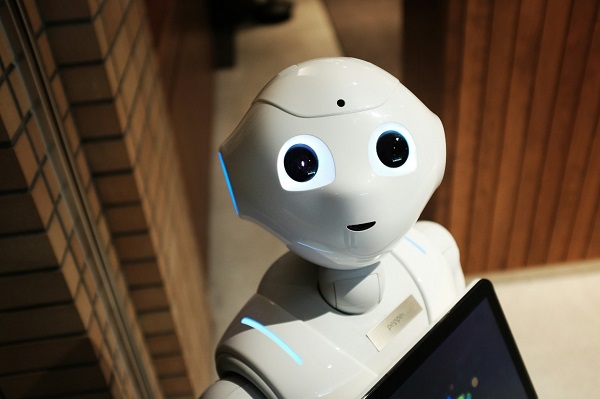AI‑Powered Strategies to Maximize Mechanical Engineering Profits
According to a recent study, the profit margin in mechanical and plant engineering can rise by as much as 10.7 percentage points when generative artificial intelligence is used strategically. This translates into an extra 28 billion euros in earnings.
Generative artificial intelligence (GenAI) has established itself as an important catalyst for digital transformation and is increasingly shaping mechanical and plant engineering. “Ten of the 45 use cases examined can already exploit 58 percent of the potential for margin improvement and thus achieve a significant increase in efficiency in the industry,” confirms Guido Reimann, Deputy Managing Director of VDMA Software and Digitalization.
These are the key findings of the new study “GenAI in mechanical and plant engineering – from promise to profitability”, which was compiled by the VDMA Software and Digitalization Association together with Strategy&, PwC’s global strategy consultancy. The study is based on a survey of 247 industrial companies in Germany, Austria and Switzerland and an analysis of 45 possible GenAI use cases and their potential for greater productivity and profitability.
High potential for profitability
According to the report, GenAI significantly affects a company’s ability to maximize profits, increase sales, and improve efficiency. The industry’s operating margin might rise by up to 10.7 percentage points overall with the focused application of GenAI; this would translate into an extra 28 billion euros in profit for Germany’s mechanical and plant engineering sector. In light of this, it seems sense that expectations for the application of artificial intelligence (AI) are growing: AI is viewed by 52% of managers as a possible “game changer” for the sector.
The role of GenAI in propelling digital transformation
The most potential uses of GenAI are found in business operations. Although research and development (43%) and sales and marketing (53%) are specifically mentioned by respondents, production and after-sales are also thought to have more potential. Both increases in revenue and improvements in production and operating cost efficiency are influenced by these essential operations.
Challenges and strategic recommendations
Although interest in GenAI is constantly growing, its use has so far often been limited to experimental or proof-of-concept projects. The main challenge is the lack of data quality. 25 percent of the companies surveyed see this as the biggest hurdle. The lack of GenAI specialists is almost on a par, at 24 percent. Another 24 percent of companies also cite technical challenges, particularly in relation to the IT infrastructure. “Rising costs, stagnating productivity and falling margins have been putting increasing pressure on the German mechanical and plant engineering industry for years. Many companies in the industry are therefore looking forward with great expectations to the possibilities of GenAI to improve productivity and profitability. At the same time, however, they remain in what we call the ‘pilot trap’: They are testing ideas, initiating projects and evaluating results. On the other hand, they are not yet ready for broad implementation and the development of new business models. Although 91% of mechanical and plant engineering companies want to invest in GenAI in 2025, more than half want to invest less than 100,000 euros. Only those who turn GenAI from a minor matter into a top priority, embed it deeply into core processes and develop differentiating new capabilities from it can strengthen their competitiveness – and increase their profitability in the long term,” explains Bernd Jung, Senior Partner at Strategy& Germany.
The study recommends that companies specifically categorize GenAI use cases:
- Gamechangers with a direct impact on the profit and loss account,
- must-haves to sustainably increase profitability,
- hyped use cases that only have a limited impact on supporting processes.
Need for action for companies
In view of stagnating productivity growth and rising costs, the pressure on the industry is high. The study clearly shows that GenAI requires a strategic approach in order to remain competitive in the long term. Companies need to invest in the right use cases now in order to exploit the full potential.
#VDMA #Modernplasticsindia #Pasticsnews #ModernPlasticsIndiaMagazine
#PrintPublication #Plasticspla.net




